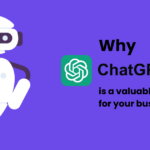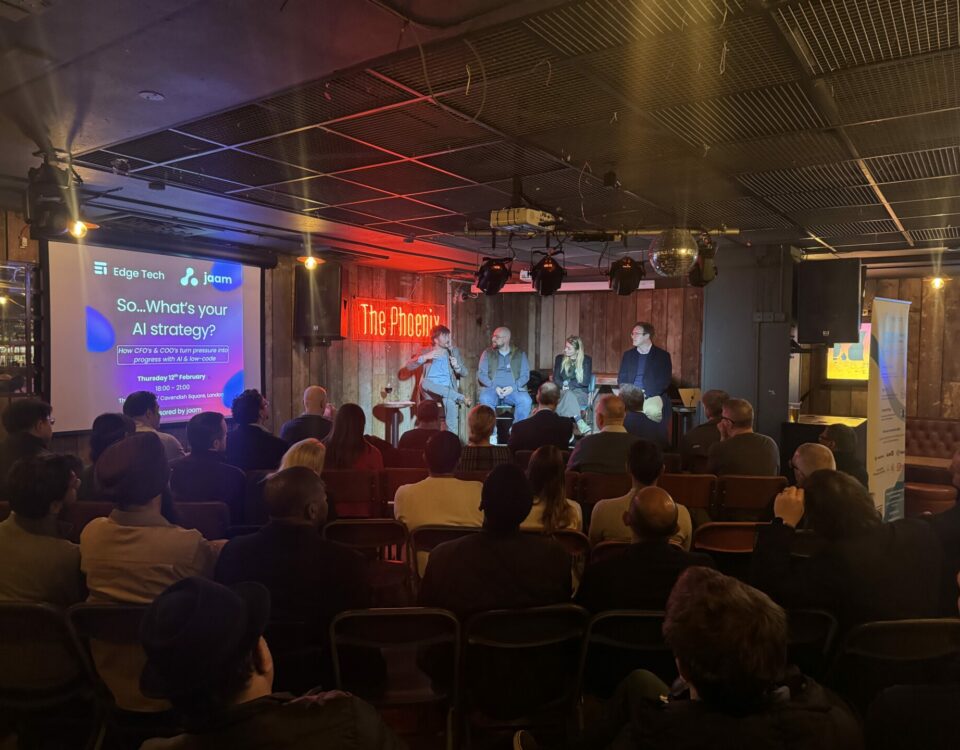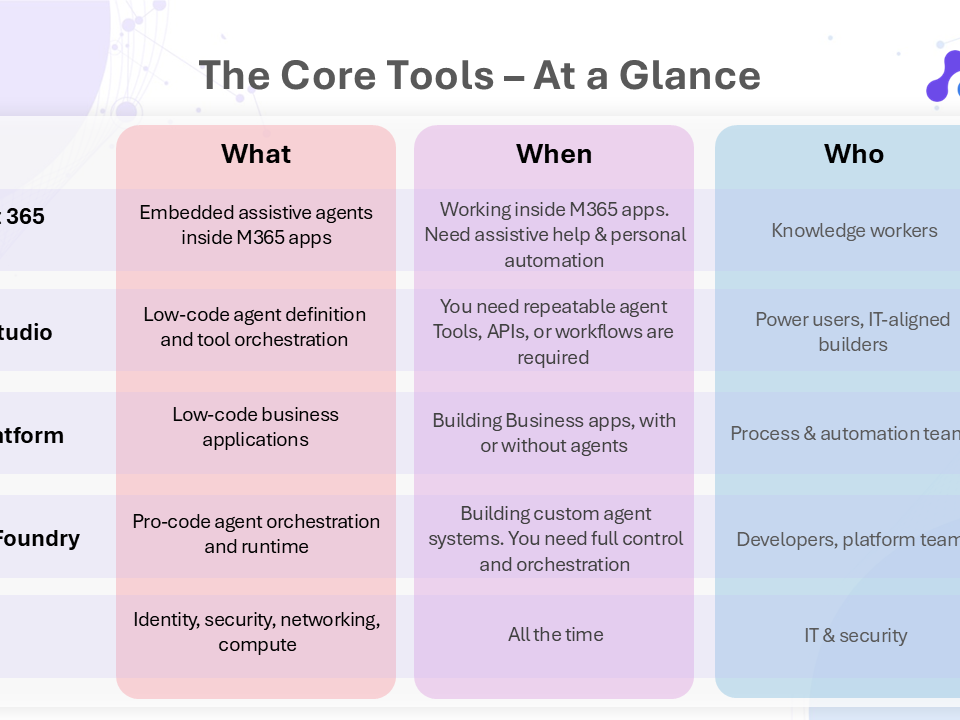Automation and AI have the potential to transform the healthcare sector by reshaping how processes are run, decisions are made, information is used, and resources are allocated.
During our research for our recent whitepaper on Intelligent Automation in Healthcare, we found that several technologies are already being embraced by the sector, and there are numerous others that have the potential to make a significant impact. In this blog post, we provide a summary of the automation and AI capabilities that providers can leverage to transform the way they deliver care.
1. Automated Document Generation
Although electronic healthcare record (EHR) systems are in place, healthcare professionals still spend a significant amount of time on documentation. A UK study found that clinical staff spend up to 10 hours per week on data collection and verification, with a third of that work deemed irrelevant to patient care. [1] Mistakes in documents are also common, with up to 25% of patients in the US identifying errors in their medical notes. [2]
Document generation technology provides a solution by automating the process of creating documents from templates and pulling data from internal or external sources, reducing errors and saving time. Integrating this technology with EHR and other data sources simplifies data management by centralising information in one location.
2. Robotic Process Automation (RPA)
RPA provides the ability to create software robots that automate repetitive, low-value tasks, thus saving time. Tasks that can be digitised and are easy to define, such as data transfer, form auto-filling and standard transactions, can be handled by these robots. The technology works by mimicking human steps on desktop, laptop or mobile devices, using the organisation’s existing software and systems.
With robots assisting behind the scenes, healthcare providers can reduce the amount of time clinical and operational staff spend on rote work, yet maintain human oversight and control throughout.
3. Workflow Automation
This technology digitally orchestrates work between people, software robots, data sources and systems. It also provides the tools for creating digital forms to gather and process information in a standardised and streamlined manner.
Workflow automation technologies can be applied to complex workflows in healthcare settings, reducing bottlenecks and delays. They also support compliance programmes by providing audit trails to demonstrate process steps followed. Platforms provide dashboards and analytics that practice managers can use to track KPIs and access insights to support resource allocation and other decisions.
4. Artificial Intelligence (AI)
This is a vast field of computer science that focuses on giving technology the ability to mimic certain aspects of human intelligence. There are many sub-sets of AI, including[3]:
- Machine learning: Uses mathematical models to extract insights from data.
- Deep learning: A type of machine learning that works with complex data like images and speech.
- Natural language processing: Enables digital systems to interact with humans using spoken or written language.
- Computer vision: The ability to analyse and extract meaning from images.
AI has numerous healthcare applications, such as detecting cancer[4] and diagnosing mental disorders[5]. However, there are also practical use cases that could save time, support decisions and give clinicians more capacity to deliver care. For instance, an AI-driven speech recognition and transcription solution can document and annotate clinical encounters, working alongside clinicians to save time.
5. Chatbots & Virtual Assistants
These solutions support patients by answering their queries, scheduling appointments and interacting conversationally across various channels. They can also assist healthcare professionals by enabling them to access information or services from other departments like HR or IT, speeding up the delivery of services to patients.
When chatbots are equipped with advanced natural language processing (NLP) and machine learning, and have access to extensive data, they fall under the category of conversational AI. One well-known example is ChatGPT. This provides solutions that can handle complex and subtle human dialogue, enabling more natural and accurate interactions.
Combining these capabilities to enable intelligent automation
In isolation, these technologies all offer great benefits. But bringing them together can be truly transformative – helping to unleash the full potential of process automation. The World Economic Forum estimates that intelligent automation has the potential to save 10 million lives per year – by helping to support clinical trials, diagnose diseases and avoid medical errors. [6]
All these technologies are readily accessible and can significantly aid healthcare providers in reducing workloads, increasing efficiency and improving patient access to high-quality care. To explore these capabilities in more depth and discover practical strategies for leveraging intelligent automation to drive innovation in your healthcare practice, download our whitepaper.
[1] https://www.southwarkcarers.org.uk/nhs-doctors-spend-10-hours-week-bureaucracy/
[2] https://pubmed.ncbi.nlm.nih.gov/32515797/
[3] https://www.gartner.com/en/topics/artificial-intelligence
[4] https://www.cancer.gov/news-events/cancer-currents-blog/2022/artificial-intelligence-cancer-imaging
[5] https://www.nature.com/articles/s41746-022-00631-8
[6] https://www.weforum.org/agenda/2021/09/what-is-intelligent-automation-how-help-us/






